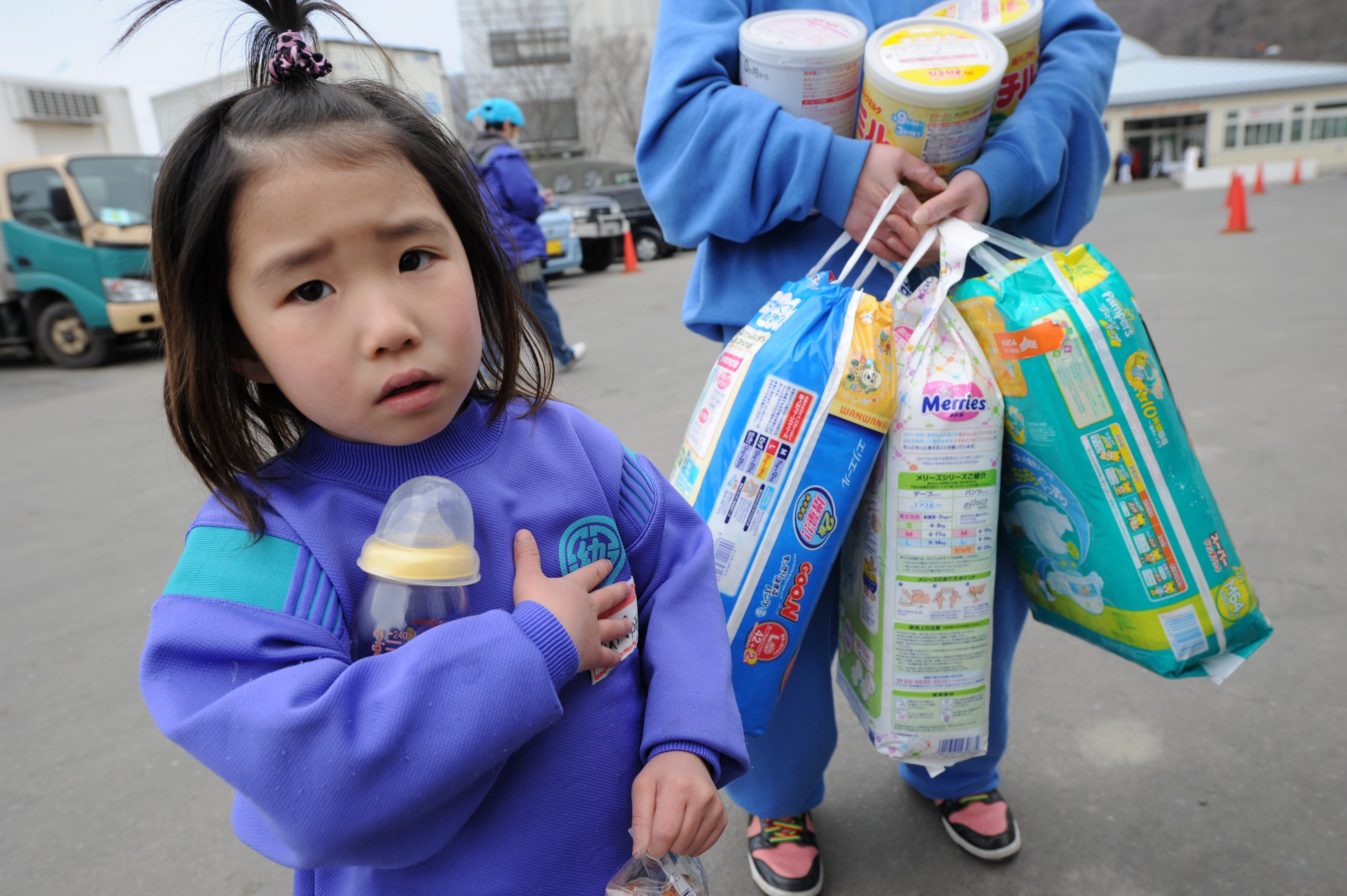Japanese nappy company switches target market from babies to adults amid ageing population
Sale of baby diapers dip from peak of 700 million in 2001 to 400 million this year

Your support helps us to tell the story
From reproductive rights to climate change to Big Tech, The Independent is on the ground when the story is developing. Whether it's investigating the financials of Elon Musk's pro-Trump PAC or producing our latest documentary, 'The A Word', which shines a light on the American women fighting for reproductive rights, we know how important it is to parse out the facts from the messaging.
At such a critical moment in US history, we need reporters on the ground. Your donation allows us to keep sending journalists to speak to both sides of the story.
The Independent is trusted by Americans across the entire political spectrum. And unlike many other quality news outlets, we choose not to lock Americans out of our reporting and analysis with paywalls. We believe quality journalism should be available to everyone, paid for by those who can afford it.
Your support makes all the difference.A Japanese nappy manufacturing company has announced that it is switching from producing diapers for babies to adults amid concerns over the country’s ageing population.
Oji Holdings, primarily a pulp and paper company, said it will stop manufacturing children’s nappies in September due to a sharp decline in demand.
The sale of baby diapers dipped from a peak of about 700 million in 2001 to 400 million this year.
The target demographic shift came as the birth rate stood at a record low while the population of old people continued to grow. Over the past decade, deaths have consistently exceeded births in Japan, presenting an increasingly complex challenge for the country’s leadership.
Japan recorded 758,631 births in 2023, marking a decline of 5.1 per cent from the previous year, according to government records. It was the lowest birth record in Japan since the 19th century when around two million children were born in the 1970s.
Oji Holdings said its subsidiary Oji Nepia will continue the production of baby diapers in Malaysia and Indonesia where the demand has continued to grow, unlike Japan.
The spokesperson of the company said the company will boost production of sanitary products for older people and they expect the products to be used in nursing homes, old age homes and other public facilities.
“Demand for baby diapers is decreasing due to several factors, including the falling birthrate,” the spokesperson said.
Children under the age of 15 accounted for less than 12 per cent of the population of the country in 2022, according to public broadcaster NHK. Those aged 65 and over made up almost 30 per cent of the population in the same year.
The current population of 125 million is projected to decline to approximately 88 million by 2065, marking a 30 per cent decrease over the span of 45 years.
In January last year, prime minister Fumio Kishida issued a dire warning about the country’s population crisis and said it was “on the brink of not being able to maintain social functions” due to the falling birth rate. He said the issue needed to be solved “now or never”, and that it “simply cannot wait any longer”.
“In thinking of the sustainability and inclusiveness of our nation’s economy and society, we place child-rearing support as our most important policy,” he said.
In response to the escalating labour shortage and as part of efforts to reignite a sluggish economy, the Japanese government has been actively promoting the reintegration of elderly citizens and stay-at-home mothers into the workforce over the past decade.
Join our commenting forum
Join thought-provoking conversations, follow other Independent readers and see their replies
Comments